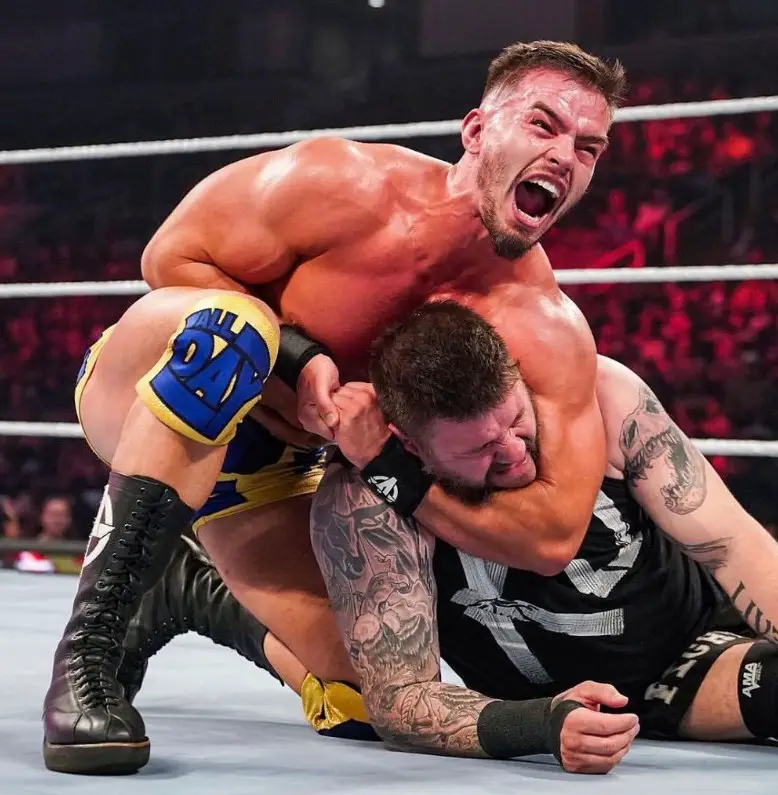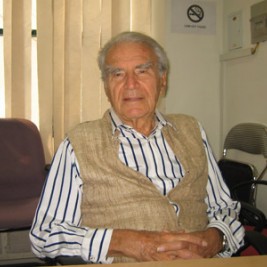Vince McMahon”™s aggressive machination to regain the leadership of Stamford-headquartered WWE (NYSE:WWE) was predicated on the specific focus over negotiating media rights ”“ which are up for renewal in 2024 ”“ and the vague hint that the company is being positioned for a sale.

“WWE is entering a critical juncture in its history with the upcoming media rights negotiations coinciding with increased industry-wide demand for quality content and live events and with more companies seeking to own the intellectual property on their platforms,” said McMahon in a statement issued by the company. “The only way for WWE to fully capitalize on this opportunity is for me to return as executive chairman and support the management team in the negotiations for our media rights and to combine that with a review of strategic alternatives. My return will allow WWE, as well as any transaction counterparties, to engage in these processes knowing they will have the support of the controlling shareholder.”
CNBC reported that WWE engaged JPMorgan in an advisory role for a potential sale. And with a market capitalization of more than $6 billion, WWE is certainly an attractive target for acquisition.
Many WWE observers have pegged Comcast Corp. (NASDAQ:CMCSA) as the most likely company to seek an acquisition based on that company”™s long-term relationship with WWE, whose programming can be found on Comcast”™s Peacock streaming service and USA Network cable channel, there is a possibility that another suitor would be very interested in bringing McMahon”™s operation under its corporate banner.
McMahon is not the only high-profile executive to recent resume control of a company that he ran for years: last November, Bob Iger returned to become CEO at The Walt Disney Co. (NYSE:DIS). Of course, the circumstances of Iger”™s comeback bore no resemblance to the WWE experience ”“ Disney sought Iger”™s return to replace Bob Chapek”™s problematic leadership, while McMahon used his majority share ownership to forcefully elect himself as executive chairman, reportedly against the board of directors”™ wishes.
During his years at the Disney helm, Iger grew the company with four substantial acquisitions: the purchase of Pixar in 2006 for $7.4 billion, Marvel Entertainment in 2009 for $4 billion, Lucasfilm in 2012 for $4.06 billion, and the entertainment assets of 21st Century Fox in 2019 for $71.3 billion. As a result of these acquisitions, Disney experienced a dramatic IP expansion that secured new audiences while swelling the company’s market capitalization from $48 billion to $257 billion.
In recent years, Disney had a marginal relationship with WWE. When the company acquired the Fox assets in 2019, it included the WWE-Fox deals for the Latin American market. The Hulu streaming service, which is majority owned by Disney, has the U.S. re-air rights for WWE”™s “Raw” and “SmackDown” shows and the U.S. rights to “WWE Main Event” ”“ these rights were renewed for one year at the end of 2022.
Also in 2022, WWE signed contracts with Disney that gave the latter streaming rights for its programming in the Philippines and Indonesia. And Disney and WWE are collaborating on a reality series that would star WWE wrestlers Bianca Belair and Montez Ford.
On the surface, the Disney acquisition of WWE would guarantee a very popular brand with a significant teen and pre-teen following ”“ not to mention the parents paying for the merchandising, live and pay-per-view events that WWE generates. It would not be difficult to imagine the WWE stars making appearances at Disney”™s theme parks, hotels and cruise ships, and the company is an endless source of original content with its multiple storylines involving wrestlers who often seem like live-action cartoon characters.
However, several wrestling industry journalists interviewed by the Business Journals question whether a Disney-WWE union would be a perfect fit.
“I think there are parts of WWE”™s business which fit like a hand in glove with Disney, but there’s other parts of them that would be completely foreign to Disney,” said Patrick Mocella, content lead with The Sportster. “Disney might be the most powerful entertainment company ”“ the biggest media company on the planet, potentially. But honestly, I’m not sure if they’re ready for pro wrestling, which is a completely unique business in terms of how you handle its talent and how you handle its fan base.”
Mocella self-identified as a Marvel fan and acknowledged that “Marvel fans can be very passionate, but wrestling fans are almost a different level, especially how much they know about the inner workings of the product and all that.” He also questioned if Disney understood the operational challenges that are unique to WWE.
“Would they know how to market wrestling?” he said. “Would they know how to handle wrestler contracts, how to handle wrestler egos and personalities? I don’t know. Let’s say if the wrestler pay went up and wrestlers got more benefits being a part of the Disney banner, maybe the wrestlers will fall in line a little more. But it’s tough to say.”
Brandon Thurston, editor of Wrestlenomics, also questioned if WWE would fit into the Disney environment.
“Wrestling is a strange business, and you need people who have the expertise to know how to manage it,” he said. “There are a lot of examples throughout history of wrestling companies being overseen by larger parent companies that didn’t have a great idea of how to manage them. A great example of that is WCW, when it was overseen by Ted Turner’s company, and that went out of business.”
Andrew Ravens, pro wrestling beat writer with Wrestling News, questioned whether McMahon would want to divert all of WWE”™s media rights to Disney-owned operations, most notably ESPN and ESPN+. Disney has been under pressure from some investors spin off ESPN due to the sports channel”™s falling ratings and having an audience favorite like WWE on the channel could be seen as a means to pump up viewership.
Ravens also noted that WWE has spread out its U.S. media rights between Comcast, Hulu and Fox (NASDAQ:FOX), while its global rights are a patchwork of different companies in different regions; Disney+ has a global streaming presence. With WWE media rights up for a 2024 renewal, Ravens was uncertain if McMahon would allow one company to maintain exclusivity.
“I don’t know how they would fit,” Ravens said, adding that while he was skeptical that a Disney-WWE deal was on the horizon, it shouldn”™t be ruled out.
“I just I don’t see them necessarily being the ones to buy it,” he said. “But in the day and age that we live in, who knows?”























Also don’t forget that Comcast NBCU also have Theme Parks as in: Universal Studios Hollywood, Universal Orlando Resort, Universal Studios Japan, Universal Studios Singapore and in 2021 opened Universal Beijing Resort with more to be added to it. As for Disney+ and it’s Global Streaming service, let’s not forget that deals have been struck in other countries already, like the recently signed one in Australia with Foxtel which is 65% owned by News Corp. Which wouldn’t bother Comcast NBCU as much as Peacock doesn’t have the same Global presence as you say, so they’d be happy to make dollars out of distribution rights. The other plus for Comcast is that they own and run *Sky UK which is the UK’s largest pay-TV broadcaster with 12.7 million customers and part of the larger **Sky Group that also covers parts of Europe.
*en.wikipedia.org/wiki/Sky_UK
**en.wikipedia.org/wiki/Sky_Group